Accelerating the Drive to Secure Battery Raw Materials: The Race to Sustainability and Responsibility in the EV Market
Originally posted on Mining.com
The rapid growth of the electric vehicle (EV) market has sparked a surge in demand for battery raw materials, particularly lithium, cobalt, and nickel. With many automakers announcing ambitious plans to transition their fleets to electric, securing access to these resources has become a top priority.
In recent years, automakers have taken a proactive approach to securing their battery material supply chains, investing in mines and forging partnerships with mining companies. According to a report by Benchmark Mineral Intelligence, automakers and their suppliers have secured 80% of the world's cobalt supply and 65% of the world's lithium supply.
One notable example of automakers' investment in battery raw materials is Volkswagen's partnership with Ganfeng Lithium, the world's largest lithium producer. The two companies recently signed a deal that gives Volkswagen access to a secure supply of lithium for the next ten years. Similarly, Tesla has signed deals with mining companies in Australia and Canada to secure access to nickel, a critical component in its batteries.
Beyond direct investment in mines, automakers are also exploring alternative ways to secure their supply chains. For instance, BMW has implemented a closed-loop supply chain for its battery materials, in which materials are recycled and reused. This approach not only reduces reliance on mining but also reduces waste and lowers costs.
However, the race to secure battery raw materials has raised concerns about ethical sourcing and environmental impact. Cobalt, for example, is primarily mined in the Democratic Republic of Congo, where child labor and hazardous working conditions are prevalent. To address these concerns, automakers are increasingly prioritizing responsible sourcing and investing in initiatives to improve social and environmental practices in mining.
As the demand for battery raw materials continues to grow, the drive to secure supply chains will only intensify. Automakers will need to balance their desire for secure access to materials with their commitment to responsible sourcing and environmental stewardship. The success of the EV market depends not only on the availability of battery materials but also on the sustainability of their extraction and use.
References:
1) Mining.com (April 3, 2023) – https://www.mining.com/web/factbox-automakers-accelerate-the-drive-to-secure-battery-raw-materials
2) Hitzig, M., & Guan, J. (2022). How automakers secure battery raw material supply chains: Investment, partnerships, and sustainability. Journal of Cleaner Production, 340, 130889
3) Benchmark Mineral Intelligence. (2021). Cobalt, Lithium, and Nickel Demand Forecast 2021-2030.

